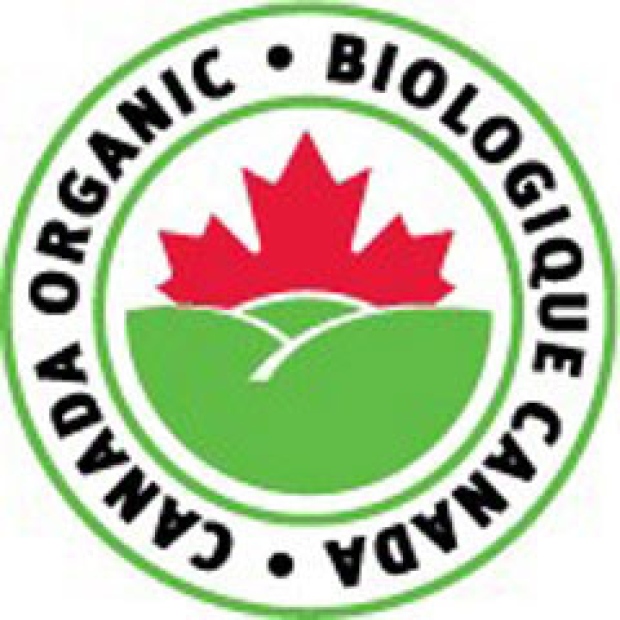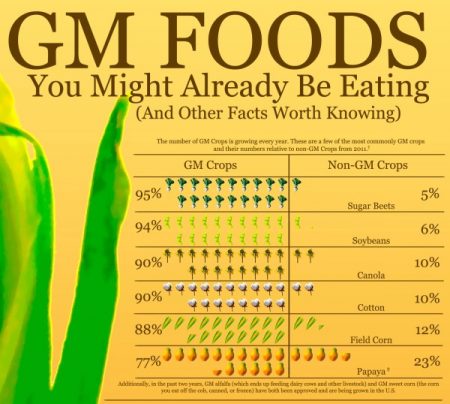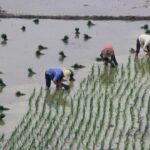January 3, 2018 – Opposition to genetically modified organisms (GMOs) largely affecting the food we grow, the livestock we raise for dairy and meat, and the insects that prey on them and us causing crop damage and disease, is a luxury the world can ill afford in the age of climate change and a world population that will add 2 billion more of us by 2050.
The December 28, 2017 opinion piece appearing in The Washington Post uses the term “immoral.” I would rather call it “unconscionable.” If you understand the meaning of the latter term, it is less about morality and more about unreasoned and excessive zeal.
In the Developed West, where our agribusiness yields bumper crops and our grocery stores display fresh produce and meat in glorious abundance, we have enormous latitude to choose not only what we eat, but also the way what we eat is grown. Organic farming is the outgrowth of an abundance of choice available to Western consumers. It is part of a social and lifestyle movement that began for the rich and now has found its way into food bags of those less affluent. And it is the organic lifestylers and growers who are a major source of opposition to GMOs.

That opposition isn’t about the science of GMOs. It’s about ignorance on the part of consumers and profits on the part of growers. The truth is that from the moment we began domesticating plants and animals everything produced by today’s farmers is all GMO.
Why do I say that? Because since the Neolithic Revolution began humanity has manipulated genes in plants and animals and just didn’t know. it wasn’t until an obscure monk named Gregor Mendel, while observing the pea plants he tended, discovered how human selection could alter subsequent generations in his garden.
Charles Darwin in The Origin of the Species explained how natural selection worked. When Mendel’s writings were combined with Darwin’s theory, suddenly humans realized that natural selection as a mechanism explained the results of selective breeding, taking preferred genetic characteristics in observed animals and plants and crossing them with others with desirable traits to create modifications. The selection process by humans at times was very much akin to natural selection’s hit and miss. But eventually, after multiple generations, new plants and animals could be bread true.
Every change humans created through the mechanisms of selective breeding altered a plant or animals genes. Hence genetically modified. The difference between that genetic modification and what we call GMO today is in the methodology and the technology. We have mapped the genome of plants and animals. We can identify positive inheritable traits and trace them to specific genes. We can identify a genetic error made during the reproductive process. We can identify missing or scrambled genetic code that leads to maladaptation. And now we can take a specific gene and remove and replace it and then watch it propagate in subsequent generations of plants and animals. And because we are exponentially increasing our understanding of the genetic map of our domesticated plants and animals we can borrow positive characteristics from unrelated species to insert into genetic information in other species where the enhancement would yield a better outcome either in terms of dealing with environmental challenges, or better and more durable produce after harvest that retains flavour and colour. And instead of going through multi-generational hits and misses, our new method of selective breeding at the sub-molecular level that unlocks the molecule of life, DNA, gives us an enormous advantage in addressing present and future challenges.
Where GMO opposition comes from
Those who buy organic are among the leading opposers of GMOs. Their opposition is clouded by the profits of large chemical and biomedical companies who have been involved in inventing many of the new generation of GMO staple crops. Research and development spent on GMOs however also involve universities, agricultural colleges, and not-for-profit companies. It was efforts by not-for-profits and universities that led to Golden Rice, rice that binds Vitamin A to it. This GMO is credited with saving hundreds of thousands from childhood blindness in South Asia.
But the painting of all GMO crops with the same brush, actively pursued by organizations like Greenpeace, and advocates for organic crops, target the for-profit companies that alter plant DNA to create better yields. Chemical giants such as Monsanto, Dupont, and Bayer (which recently acquired Monsanto), in the pursuit of profit and as an aid to their farm customers, have created GMOs that resist the very chemical herbicides and insecticides these companies also produce.
Anti-GMO advocates argue that these chemicals, and one in particular, glyphosate made by Monsanto, are carcinogens. The perils of glyphosate are raised every time a conversation on GMO comes up. Yet the corn and soybeans that thrive because of the pesticide’s use, have never led to cancer or any other diseases by consumers who eat foods containing these GMO-altered staples. Instead, what the complementary strategy of GMO-herbicide-resistance with minimal applications of the herbicide has helped farmers maintain high yields. And along with herbicide-resistant GMO plants, these chemical companies have produced other GMO enhancements allowing food staples to thrive in soils made saltier by rising sea levels, and in prolonged droughts, and on marginal lands formerly inhospitable to growing crops.
Where Does Morality Enter the Picture?
In The Ethics of Food, Gregory Pence writes, “Food makes philosophers of us all.” Without it, we die. But is food a moral choice?
We know that good and evil are, so it is a stretch to associate those who oppose GMOs as immoral.
But what is immoral is the spreading of false arguments against GMOs.
We’ve been creating them now for more than two decades and no GMO has ever made any animal or human sick.
But you wouldn’t know that from the anti-GMO movement who describe the products as “frankenfoods” to spread fear among consumers.
Some would argue with the moral right for humans to create new forms of life by altering the essential building blocks of life at the molecular level. They would remark that genetic manipulation goes against God’s plan. But while they eat food produced through organic farming, they are ignorant or unaware that it too is GMO. That’s because there is nothing we eat today, other than foods picked in the wild, that is not a GMO. None of these plants and animals would exist in nature without generations of human manipulation.









